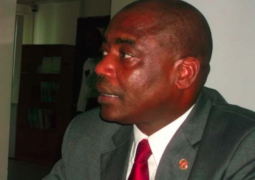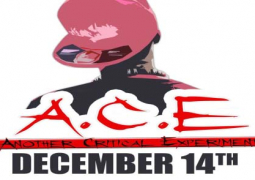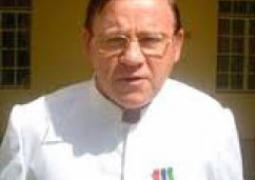In a press release sent to this paper yesterday, POSCAO said it was “strongly” opposed to any new concession for opening the West African market to the European Union, and warned West African negotiators against any violation of the mandate given them by the region.
While opting for a development-oriented EPA, the Conference of Heads of State of the Economic Community of West African States (ECOWAS) had mandated regional institutions to negotiate, setting the maximum market opening rate to 70%. Until now, the negotiators of the region have complied with this mandate, although the European Union has always called for a market opening of at least 80%.
Experts from West Africa met from 20 to 22 February 2013 in Accra, Ghana, to review the implementation of the MMC’s recommendations of November 30, 2011 (Accra), to inquire about the progress of the Common External Tariff (CET) of ECOWAS, and to consider the offer of market access and other outstanding issues in the negotiations.
In 2011 already, based on the findings of study by Enda Tiers-Monde, in the name of POSCAO, it had been estimated that opening to 70% was economically unsustainable in the long run. Based on a proven methodology, the study showed that liberalization beyond 70% could impact negatively on employment, growth and household incomes in many countries of the region, including LDCs.
Another rigorous and scientifically irrefutable study conducted by the civil society in 2009, had already demonstrated that opening 60 to 70% of the West African market would be legally defensible in the WTO. No argument of the European Union has managed to demolish these arguments so far.
The civil society reminds West African experts as well as policy-makers of three evidences: (1) the EPA is a trade agreement with a partner and, as such, cannot be a substitute for the trade policy in West Africa, let alone determine or influence the economic choices of the region that needs some appropriate policy space to build its development; (2) Being aware of the risks that the failure to conclude an EPA could have on regional integration, especially through the signing of interim agreements with countries in the region, the civil society has never rejected the EPA negotiations, but they have always remained constant about their willingness to only accept an agreement that promotes development; (3) In accordance with the MMC’s recommendations of November 2011 in Accra, the civil society requested West African decision-makers to initiate immediately a high level policy dialogue with the European Union to find a fair solution that would protect current and future interests of Côte d’Ivoire, Ghana and the entire West African region.





